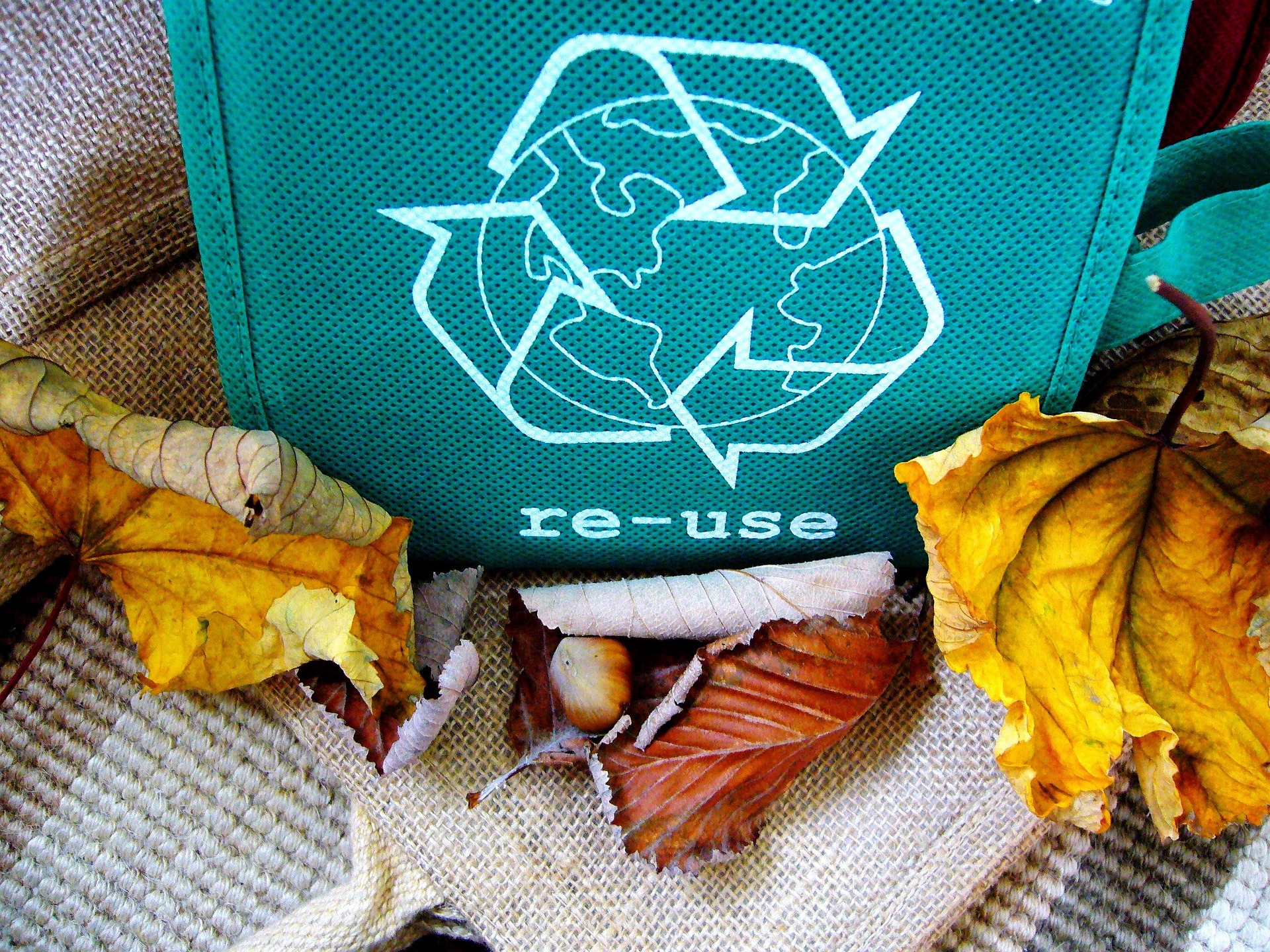The Sociology of Sustainability: A Cultural Shift Towards Green Living
The 21st century has ushered in an era defined by heightened environmental awareness. As the implications of climate change become increasingly tangible, a new cultural shift towards sustainability is taking root. From fashion to food, homes to holidays, more and more individuals are embracing sustainable practices in their daily lives. This article delves into the societal and cultural implications of this emerging trend, its historical context, and the potential it holds for shaping our future.

A Green History: Understanding the Roots of Sustainable Living
The concept of sustainable living is not a new phenomenon. It can be traced back to the indigenous communities, whose lifestyle was steeped in practices that preserved and respected nature. The modern interpretation of sustainability, however, gained momentum in the 1960s and 1970s in response to growing environmental concerns. The publication of Rachel Carson’s “Silent Spring” in 1962, which highlighted the devastating environmental impacts of pesticide use, is often cited as a catalyst for the environmental movement.
The Green Shift: Current Trends in Sustainable Living
In recent years, sustainable living has morphed from a fringe lifestyle choice to a mainstream cultural trend. This shift is evident in various sectors of society. In the fashion industry, for instance, there’s a growing demand for ethically sourced and environmentally friendly clothing. Similarly, the food industry is witnessing a surge in plant-based diets and locally sourced produce, reflecting a shift towards sustainable eating habits.
The Significance of Sustainability: Societal and Cultural Implications
The move towards sustainability has significant social and cultural implications. It challenges traditional consumerist behaviors and encourages individuals to reconsider their relationship with the environment. This cultural shift is also influencing policy-making, with numerous governments around the world implementing laws and initiatives that promote sustainable practices.
Research Insights on Sustainable Living
Research corroborates the societal shift towards sustainability. According to a 2020 study by the Pew Research Center, 64% of Americans say protecting the environment should be a top policy priority, up from 46% a decade ago. Another study published in the Journal of Cleaner Production reveals a positive correlation between education and environmental awareness, indicating that sustainable living is likely to become more prevalent as education levels rise globally.
Making Sustainability Digestible: Balancing Depth with Accessibility
While the concept of sustainable living can be complex, it’s crucial to make it accessible and relatable to all. Real-world examples, such as the rise of zero-waste stores or the popularity of electric cars, can help individuals understand how sustainability can be incorporated into everyday life. Moreover, sharing expert insights and research findings can help demystify the concept and encourage more people to adopt sustainable practices.
In conclusion, the cultural shift towards sustainability signifies a profound change in societal attitudes and behaviors. As we continue to grapple with the realities of climate change, it’s likely that sustainable living will play an increasingly crucial role in shaping our future. By understanding the historical context, current trends, and societal implications of this shift, we can better navigate the path towards a more sustainable future.




